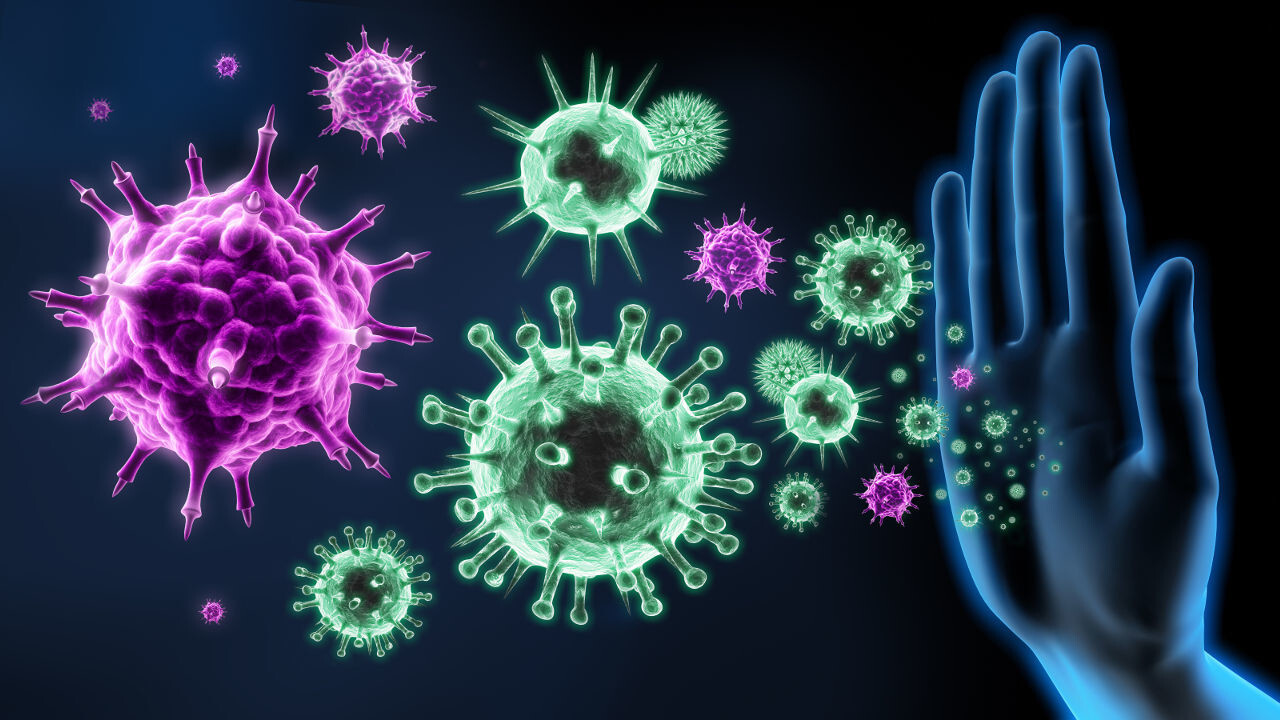
Carbohydrate metabolism is a vital process that fuels our bodies with energy. Ever wondered how your favorite pasta dish transforms into the energy you need to run, jump, or even think? Carbohydrates break down into glucose, which cells use for energy. This process involves several steps, including glycolysis, the citric acid cycle, and oxidative phosphorylation. Each step plays a crucial role in converting food into usable energy. Understanding these steps can help you make better dietary choices and appreciate the complex machinery inside you. Ready to learn some intriguing facts about how your body handles carbs? Let's dive in!
What is Carbohydrate Metabolism?
Carbohydrate metabolism is the process by which our bodies break down carbohydrates to produce energy. This complex process involves various biochemical pathways and enzymes. Let's dive into some fascinating facts about carbohydrate metabolism.
-
Carbohydrates are the body's primary source of energy. They are broken down into glucose, which is then used to fuel cellular activities.
-
The process of breaking down carbohydrates starts in the mouth. Saliva contains an enzyme called amylase that begins the digestion of starches.
-
Glucose is absorbed into the bloodstream through the small intestine. From there, it is transported to cells throughout the body.
-
Insulin, a hormone produced by the pancreas, helps cells absorb glucose from the bloodstream. Without insulin, glucose cannot enter cells effectively.
-
Glycolysis is the first step in carbohydrate metabolism. This pathway breaks down glucose into pyruvate, producing a small amount of ATP (energy) in the process.
-
The Krebs cycle, also known as the citric acid cycle, is the next step. It takes place in the mitochondria and produces more ATP, as well as electron carriers for the electron transport chain.
-
The electron transport chain is the final stage of carbohydrate metabolism. It generates the most ATP by using electrons from the Krebs cycle to create a proton gradient that drives ATP synthesis.
-
Glycogen is the stored form of glucose. The liver and muscles store glycogen, which can be broken down into glucose when energy is needed.
-
Glycogenesis is the process of converting glucose into glycogen for storage. This occurs when there is an excess of glucose in the bloodstream.
-
Glycogenolysis is the breakdown of glycogen into glucose. This process is triggered when blood glucose levels are low, such as between meals or during exercise.
Enzymes and Hormones in Carbohydrate Metabolism
Enzymes and hormones play crucial roles in regulating carbohydrate metabolism. They ensure that glucose levels remain stable and that energy is produced efficiently.
-
Hexokinase is an enzyme that phosphorylates glucose, trapping it inside cells. This is the first step of glycolysis.
-
Phosphofructokinase is a key regulatory enzyme in glycolysis. It controls the rate of glucose breakdown based on the cell's energy needs.
-
Pyruvate kinase catalyzes the final step of glycolysis, producing pyruvate and ATP. Its activity is regulated by various factors, including the availability of glucose.
-
Glucagon is a hormone that raises blood glucose levels. It stimulates glycogenolysis and gluconeogenesis, ensuring a steady supply of glucose during fasting.
-
Epinephrine, also known as adrenaline, increases blood glucose levels during stress or exercise. It activates glycogenolysis in the liver and muscles.
-
Cortisol is a hormone that promotes gluconeogenesis, the production of glucose from non-carbohydrate sources. This helps maintain blood glucose levels during prolonged fasting or stress.
Disorders Related to Carbohydrate Metabolism
Disruptions in carbohydrate metabolism can lead to various health issues. Understanding these disorders can help in managing and preventing them.
-
Diabetes mellitus is a condition characterized by high blood glucose levels. It results from either insufficient insulin production (Type 1) or insulin resistance (Type 2).
-
Hypoglycemia is a condition where blood glucose levels drop too low. Symptoms include dizziness, sweating, and confusion. It can be caused by excessive insulin or prolonged fasting.
-
Glycogen storage diseases are a group of inherited disorders that affect glycogen metabolism. These diseases can lead to muscle weakness, liver enlargement, and other symptoms.
-
Lactose intolerance is the inability to digest lactose, a sugar found in milk. This occurs due to a deficiency in lactase, the enzyme that breaks down lactose.
-
Fructose intolerance is a condition where the body cannot properly metabolize fructose. It can cause abdominal pain, bloating, and diarrhea.
-
Galactosemia is a rare genetic disorder that affects the metabolism of galactose, a sugar found in milk. Without proper treatment, it can lead to liver damage, cataracts, and intellectual disability.
Interesting Facts About Carbohydrate Metabolism
Here are some more intriguing facts about how our bodies handle carbohydrates.
-
The brain relies almost entirely on glucose for energy. During prolonged fasting, it can use ketone bodies, which are derived from fatty acids.
-
Red blood cells lack mitochondria, so they rely solely on glycolysis for energy production.
-
The liver can produce glucose from amino acids and glycerol through a process called gluconeogenesis. This is crucial during periods of fasting or intense exercise.
-
The Cori cycle is a metabolic pathway that recycles lactate produced by muscles during anaerobic respiration. The liver converts lactate back into glucose, which can be used again by muscles.
-
Carbohydrate loading is a strategy used by athletes to maximize glycogen stores before endurance events. This can enhance performance by providing a readily available energy source.
-
Fiber, a type of carbohydrate, is not digested by the body. However, it plays a vital role in maintaining digestive health and regulating blood sugar levels.
-
The glycemic index (GI) measures how quickly a carbohydrate-containing food raises blood glucose levels. Foods with a high GI cause rapid spikes in blood sugar, while low-GI foods provide a slower, more sustained release of glucose.
-
Insulin resistance is a condition where cells become less responsive to insulin. This can lead to elevated blood glucose levels and is a key feature of Type 2 diabetes.
-
Metformin is a medication commonly used to treat Type 2 diabetes. It works by reducing glucose production in the liver and improving insulin sensitivity.
-
Exercise enhances insulin sensitivity and glucose uptake by muscles. Regular physical activity can help manage blood glucose levels and reduce the risk of diabetes.
The Final Scoop on Carbohydrate Metabolism
Carbohydrate metabolism is a fascinating process that fuels our bodies. From the breakdown of complex carbs into simple sugars to the production of ATP, every step plays a crucial role in keeping us energized. Understanding how glucose is stored as glycogen or converted into fat can help us make better dietary choices.
Remember, not all carbs are created equal. Simple sugars can cause spikes in blood sugar levels, while complex carbs provide a steady energy supply. Balancing your intake of different types of carbohydrates can improve overall health and prevent issues like insulin resistance and diabetes.
So, next time you reach for a snack, think about how it will affect your body's metabolism. Armed with these facts, you can make smarter choices that benefit your long-term health.
Was this page helpful?
Our commitment to delivering trustworthy and engaging content is at the heart of what we do. Each fact on our site is contributed by real users like you, bringing a wealth of diverse insights and information. To ensure the highest standards of accuracy and reliability, our dedicated editors meticulously review each submission. This process guarantees that the facts we share are not only fascinating but also credible. Trust in our commitment to quality and authenticity as you explore and learn with us.


